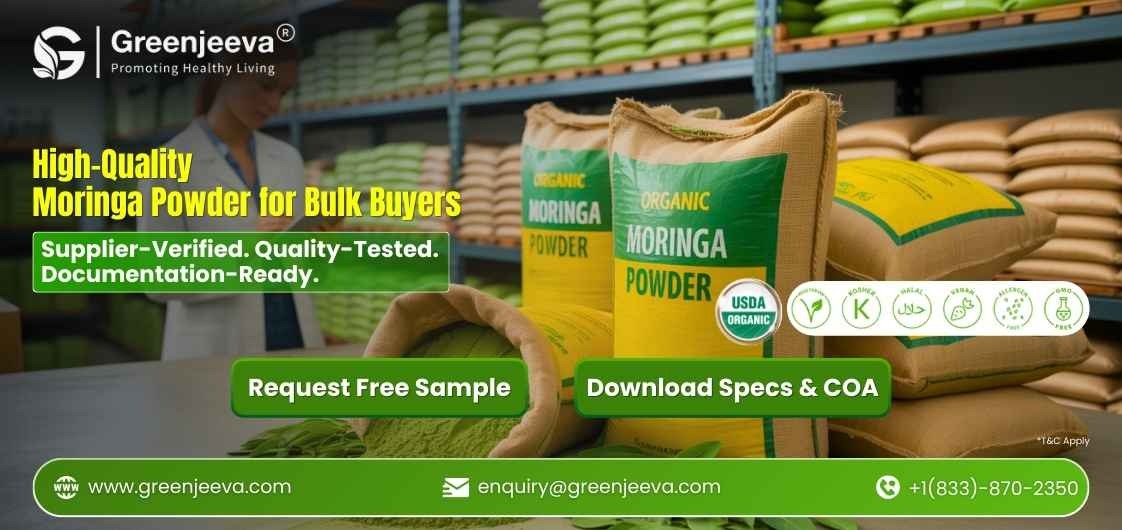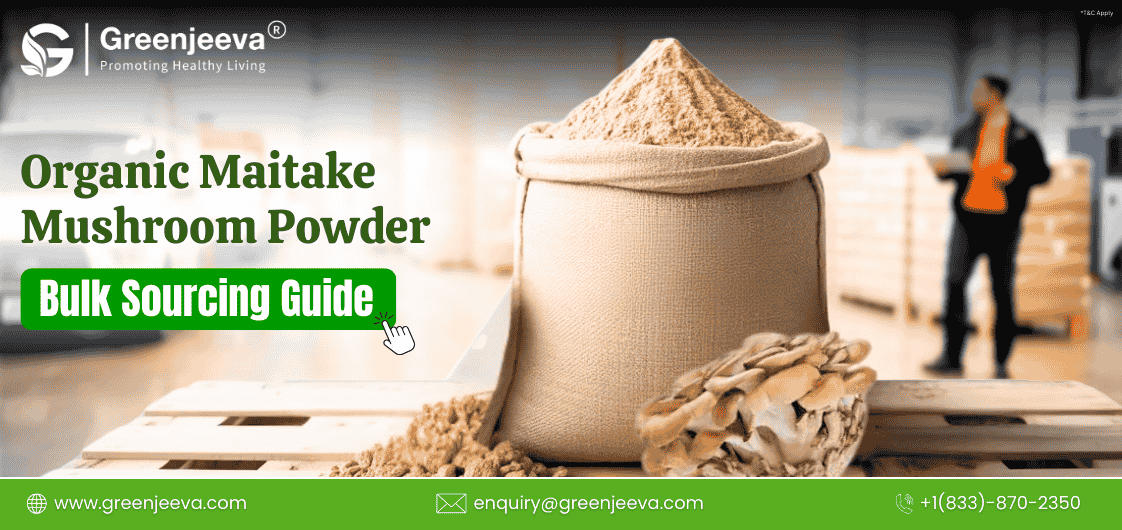Navigating Global Sourcing: Strategies for Successful International Trade

Global sourcing and import/export regulations pose significant challenges for businesses engaged in international trade. Compliance with import/export regulations, customs requirements, and certifications is crucial for smooth operations. This blog post will explore strategies to effectively manage global sourcing and import/export regulations, empowering businesses to expand their reach and navigate international trade successfully.
Understanding Global Sourcing and Export
Challenges
Global sourcing and export processes involve complex import/export regulations, customs requirements, and certifications. These challenges impact supply chains, production timelines, and business operations. Staying updated on international trade laws is crucial to overcome these hurdles.
Conducting Comprehensive Research
Thorough research on import/export regulations specific to target countries or regions is essential. Government trade portals, industry associations, and customs websites provide valuable information. Consider certifications, product labeling, packaging standards, and required documentation for smooth customs clearance.
Building Relationships with Customs Officials and Freight Forwarders
Establishing strong relationships with customs officials and freight forwarders is invaluable. Their expertise in international trade and customs procedures helps navigate complex regulations and ensure compliance. Experienced freight forwarders manage customs documentation, shipping logistics, and trade compliance.
Compliance with Import/Export Regulations
Ensuring compliance with import/export regulations is crucial to avoid penalties, delays, or disruptions. Accurate documentation, such as invoices, bills of lading, packing lists, and certificates of origin, is vital. Understanding and adhering to product-specific regulations and standards is also essential.
Proactive Communication and Collaboration
Promote proactive communication and collaboration within the sourcing team, customs officials, freight forwarders, and stakeholders. Sharing information, clarifying doubts, and seeking guidance on import/export regulations and procedures is beneficial. Open lines of communication address potential issues and changes in regulations.
Staying Updated and Adapting to Changes
Import/export regulations are dynamic, requiring businesses to stay updated. Industry publications, trade journals, and regulatory updates provide insights into evolving requirements. Proactive monitoring of changes and adapting processes accordingly ensures compliance.
Conclusion
Managing global sourcing and import/export regulations is critical for successful international trade. Businesses can navigate international trade successfully by understanding and complying with regulations, building relationships with customs officials and freight forwarders, and staying updated on changes. Effective management of import/export processes expands global reach, ensures smooth supply chain operations, and maximizes opportunities in the global marketplace.






